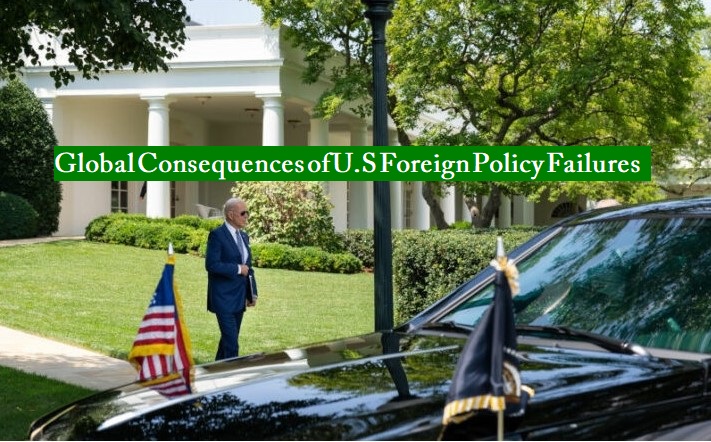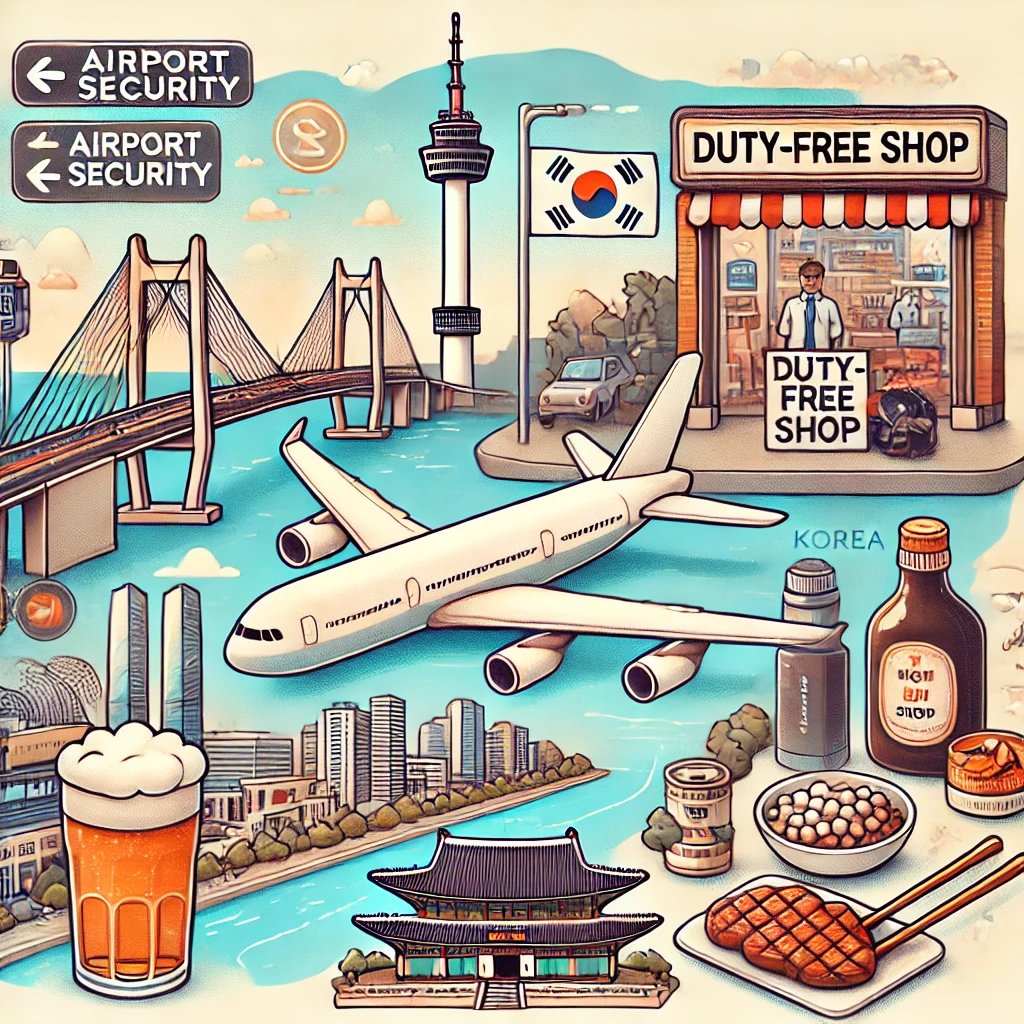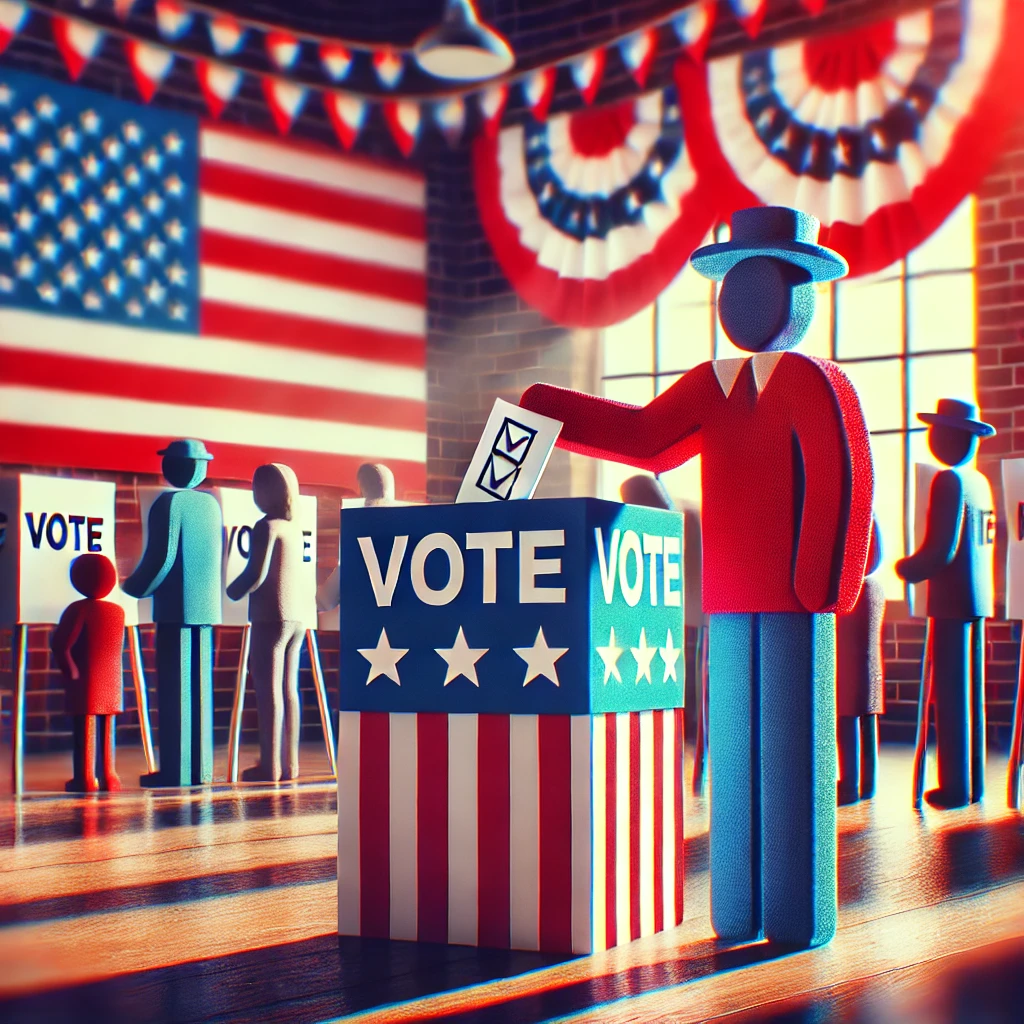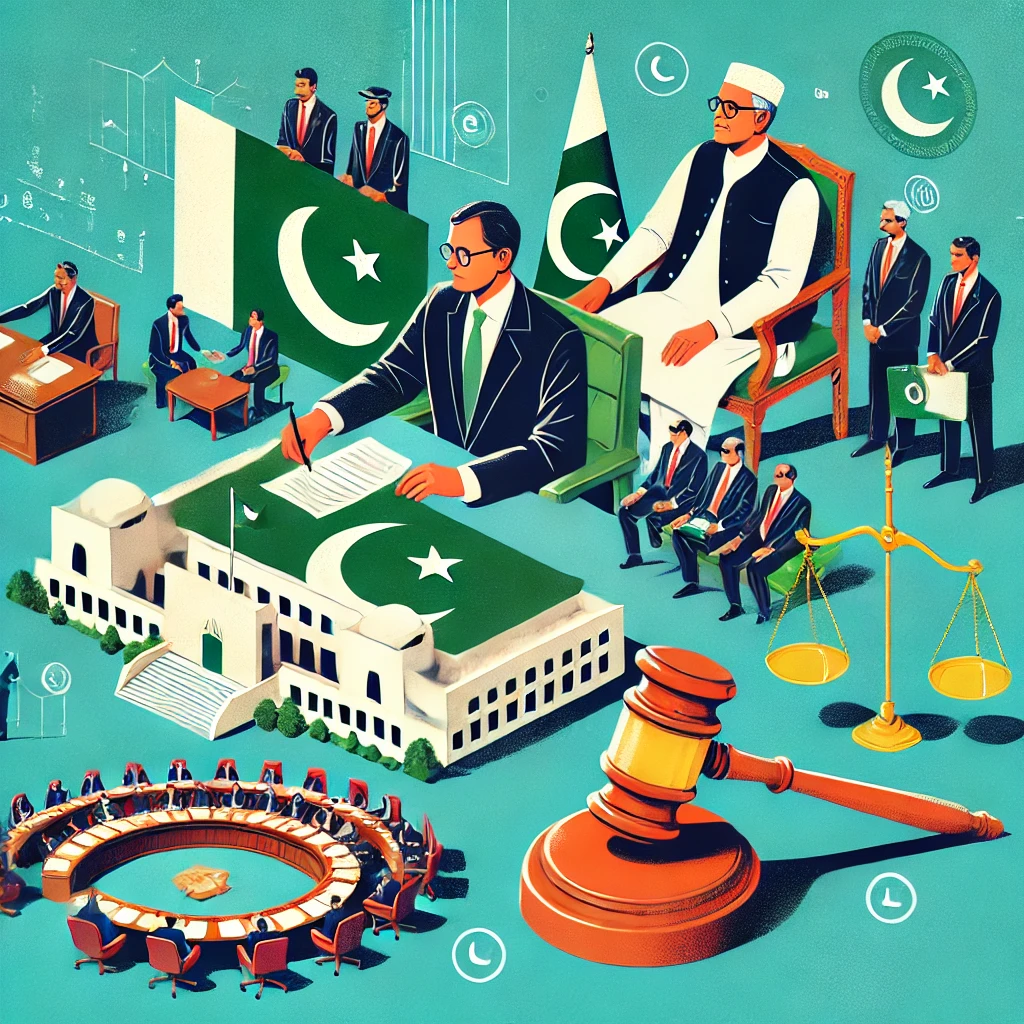
Key Elements of Good Governance Ensuring Citizen Welfare and National Stability
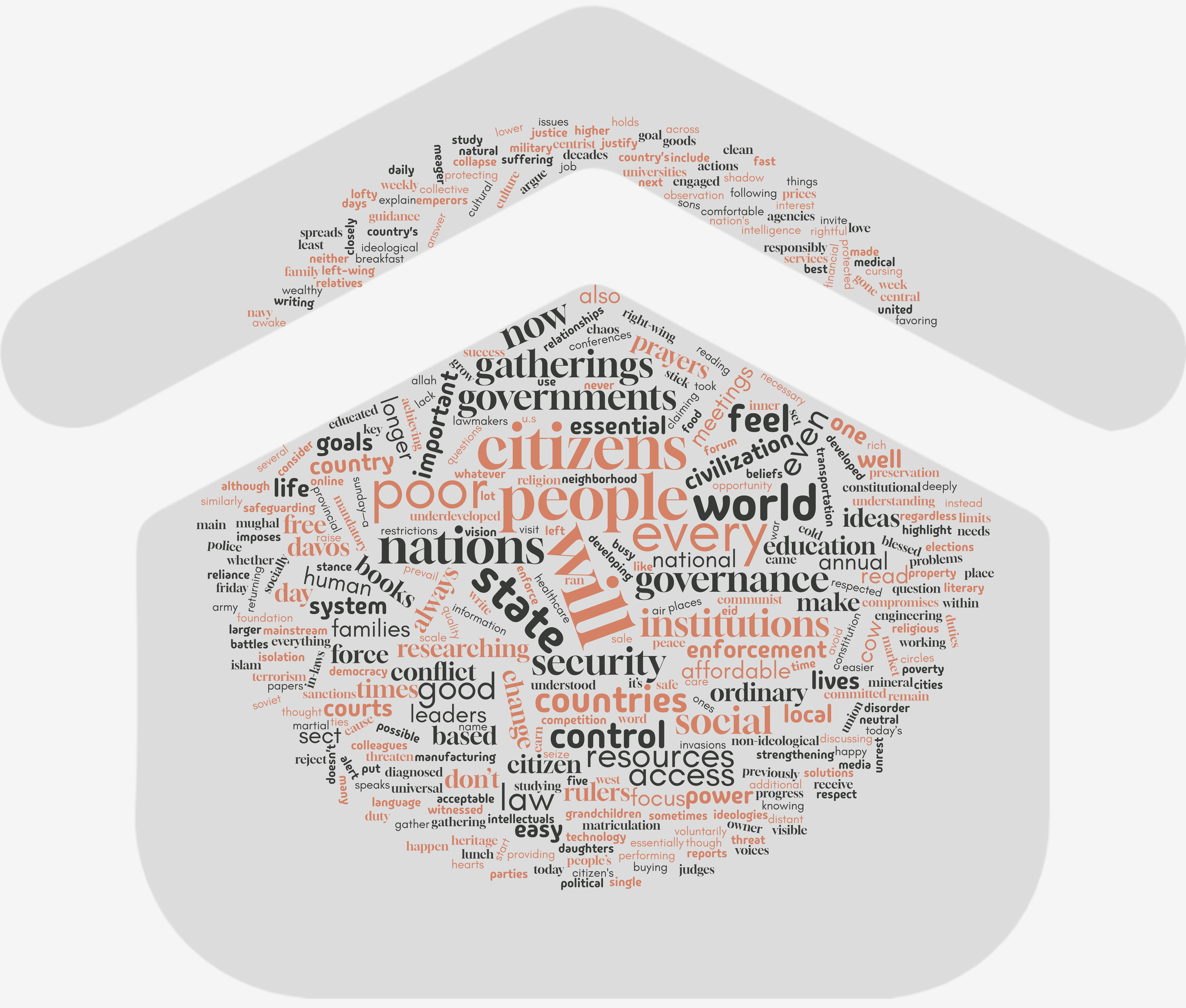
I feel peace in knowing that I never had to change my beliefs. Before writing every word, I thought deeply, and whatever stance I took, Allah blessed it with success. My main goal has always been to highlight that the most important duty of the state is to make the lives of its citizens as easy as possible.
I had the opportunity to visit many developed, developing, and underdeveloped countries. My focus was always on how well the state has made the lives of ordinary people safe and easy. There was a time when there was competition between the free world, the neutral world, and the communist world. I witnessed the Cold War closely and understood it well. After the collapse of the Soviet Union, even though the U.S. speaks a lot about democracy, it imposes sanctions on countries in its name. It also places financial, military, and social restrictions on nations that enforce martial law.
After reading books and researching online, I now feel there is only one question left: which country has good governance, and which one has poor governance?
Gone are the days when governments ran on lofty universal ideas. Right-wing, left-wing, and centrist ideas are no longer the focus. Previously, a country's problems were diagnosed based on these ideologies. Now, those who lack vision and avoid studying are in power. They use force to seize control of governments. These leaders neither write nor read books. Like the Mughal emperors, they include a few educated people in their inner circles, who then justify their actions by claiming that everything is constitutional, religious, and socially acceptable. These intellectuals explain that the cow voluntarily came under the control of the stick and is now happy in its shadow. If there's any conflict, they argue, it’s in the nation's best interest to change the constitution. Returning the cow to its rightful owner would cause chaos and threaten national security.
At United Nations meetings and other conferences, instead of discussing how to make life easier for people, papers are read on the goals set by wealthy nations. There's an annual gathering in Davos where rich countries have breakfast with poor ones, essentially buying poverty. The leaders of poor nations put up their meager resources for sale, and although the poor remain poor, the next Davos Forum reports progress.
Today is Sunday—a day to have lunch with sons, daughters, grandchildren, and in-laws. Sometimes, we invite distant relatives or colleagues and their families too. I feel that we no longer receive any ideological guidance. The state doesn’t care about the suffering of its citizens. The media, whether mainstream or social, does not answer our questions. Even the courts are engaged in their own battles, and the security institutions are too busy.
In such times, if citizens don’t gather with their families at least once a week, social isolation will grow. Strengthening family ties is very important in today’s non-ideological world. Similarly, neighborhood relationships, the foundation of human civilization, are under threat even in the West.
In Islam, collective gatherings are so essential: daily prayers five times a day, the weekly Friday prayers on a larger scale, and additional gatherings during Eid. Every sect also holds several annual meetings. These gatherings are necessary for understanding each other and protecting ourselves from cultural invasions.
In my decades of study and observation, I consider the following key for good governance:
Every citizen, regardless of religion, sect, or language, should have access to these services. If rulers are committed to achieving these goals, there will be no conflict or terrorism. People will respect rulers, judges, law enforcement, and lawmakers, and love will prevail. A single system will be visible across the country, and national political parties will be respected.
If these things don’t happen, unrest spreads. People start cursing those in power, and those who raise their voices against such disorder, and reject compromises, earn a place in people’s hearts.

